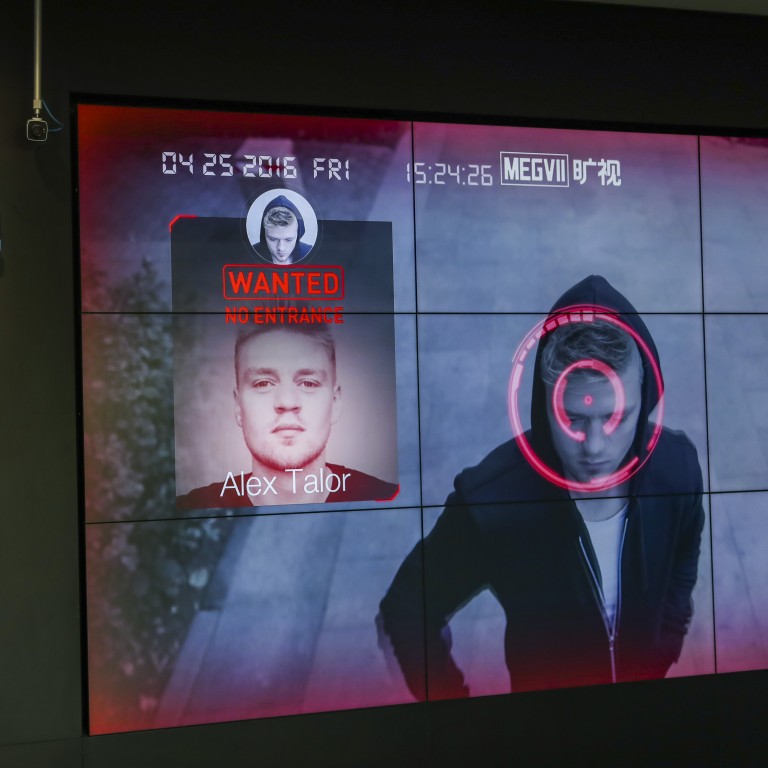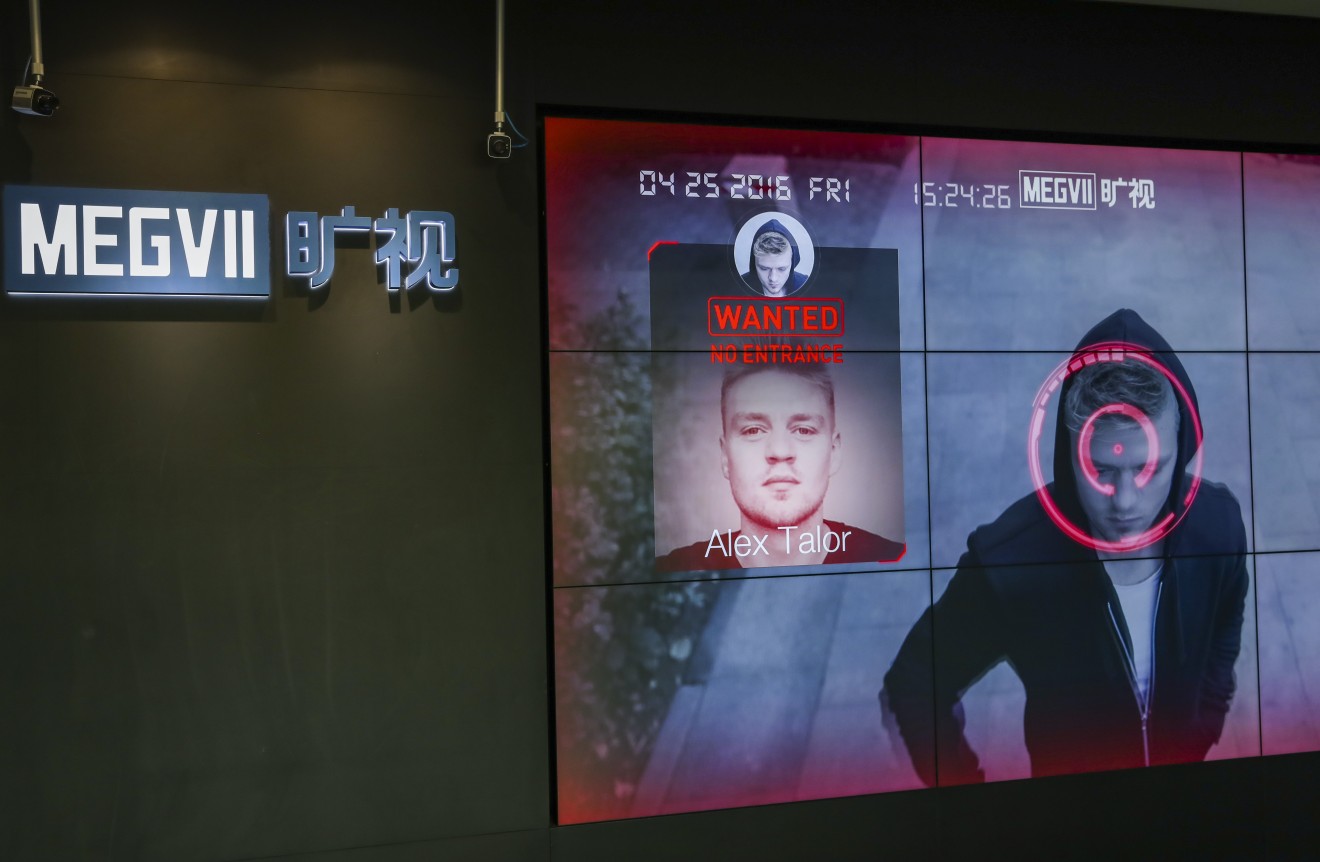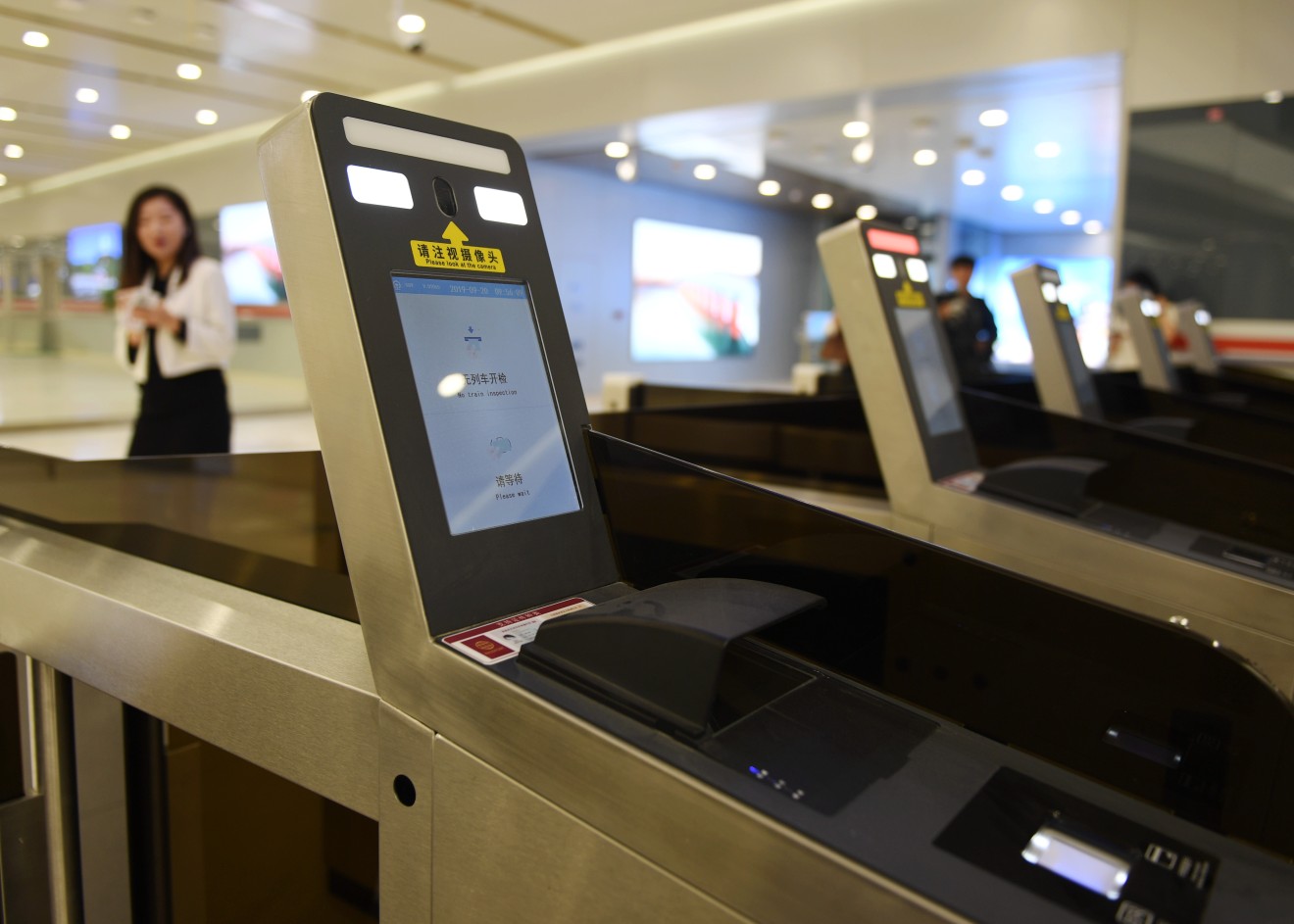Advertisement
Advertisement

As with Google and Microsoft, facial recognition regulation is a hot topic for Chinese tech companies
Megvii and SenseTime are preparing for more facial recognition regulation and pushback from consumers as they avoid the subject of China’s surveillance
This article originally appeared on ABACUS
The country known for its ubiquitous use of facial recognition is now quietly preparing for more controls on facial recognition. The technology is used in China for everything from mobile payments to shaming jaywalkers, but consumers are starting to push back.
“The awareness of protecting data privacy is increasing among Chinese compared to several years ago,” said Jeffrey Shang, senior analyst at EqualOcean.
This increasing skepticism is part of a global trend. The EU is considering a temporary ban on facial recognition, which got a nod of approval from Alphabet CEO Sundar Pichai. Microsoft President Brad Smith was less enthused, showing how different companies and countries have competing visions for the use of tech that’s increasingly seen as invasive.
In China, conventional wisdom suggested people cared more about new technology than privacy. That was the explanation for the explosion of facial recognition tech there. But the reaction to Baidu CEO Robin Li's comment proved this wrong. In 2018, he said that consumers were willing to trade data privacy for convenience -- and sparked an immediate online backlash.
How Baidu's Robin Li founded China's answer to Google
Since then, big AI companies have stepped up their efforts to standardize facial recognition, Shang said. One of them is Megvii, an Alibaba-backed facial recognition company that’s planning a US$500 million Hong Kong IPO. The company is hoping to become an industry rule-maker, according to EqualOcean.
(Abacus is a unit of the South China Morning Post, which is owned by Alibaba.)

Megvii was the first facial recognition company in China to issue guidelines on the technology’s technical security and ethics in July last year. The move followed a similar initiative from Google’s Pichai, who published a list of AI principles in the wake of the now-abandoned Maven project.
Megvii later promised in its IPO prospectus to establish an AI ethics committee. The company declined to comment further on its role in facial recognition regulation.
Other companies have joined the chorus. SenseTime, another major Chinese AI company, took the lead of a national standardization group for facial recognition technology last fall. The group includes other industry heavyweights like Alibaba affiliate Ant Financial, Xiaomi, Dahua and iFlytek. And state-backed AI company CloudWalk is participating in an AI criteria project led by the Chinese government, according to Shang.
While US tech giants talk about the dangers of facial recognition, China steams ahead
However, company leaders and legal experts note that regulating facial recognition will be tough if the government doesn’t clear up legal uncertainties. The lack of any laws governing such technology in China allows companies to gain access to vast quantities of personal data.
The government has made some strides in this space with legislators drafting a new law to safeguard data privacy. But it has also sought to keep discussions about facial recognition limited to protecting user data and preventing things like identity theft and deep fakes, which popped into public consciousness after face-swapping app Zao went viral.
These are pressing problems for users. As the country has rushed to stick facial recognition into subway systems and toilets, China’s poor protection of biometric data has led to multiple data leaks. In one recent case, a middle school left facial recognition data of students and staff exposed in an unsecured database.

But much less has been said about the government’s use of facial recognition in surveillance and the role AI companies play in it. China has some of the most surveilled cities in the world, according to research from Comparitech. And it’s a big problem, according to Liu Deliang, a law professor at Beijing Normal University.
“Skynet”, China’s massive video surveillance network
“Because it’s about regulating the government’s abuse of power, so it’s not only a law issue but a constitutional issue,” Liu told the South China Morning Post.
The issue is also becoming a problem for the country’s tech companies. Unlike Microsoft’s Smith, who has called for regulation against surveillance and discrimination, and Google’s decision to hold off on facial recognition projects, Chinese tech companies have been careful to avoid such topics. But this hasn’t saved them from scrutiny.
In October, the US put 28 Chinese public security bureaus and companies on a US trade blacklist over Beijing’s treatment of Uygurs and other minorities in China’s northwestern Xinjiang province. The list includes some of the biggest names in AI, including Megvii. Other listed companies include Yitu, another facial recognition company that’s reportedly considering an IPO, and iFlyTek, the national champion of voice recognition tech. The companies said they oppose the ban.
Why one of China’s largest facial recognition companies faces a US ban
Purchase the China AI Report 2020 brought to you by SCMP Research and enjoy a 20% discount (original price US$400). This 60-page all new intelligence report gives you first-hand insights and analysis into the latest industry developments and intelligence about China AI. Get exclusive access to our webinars for continuous learning, and interact with China AI executives in live Q&A. Offer valid until 31 March 2020.

Post
